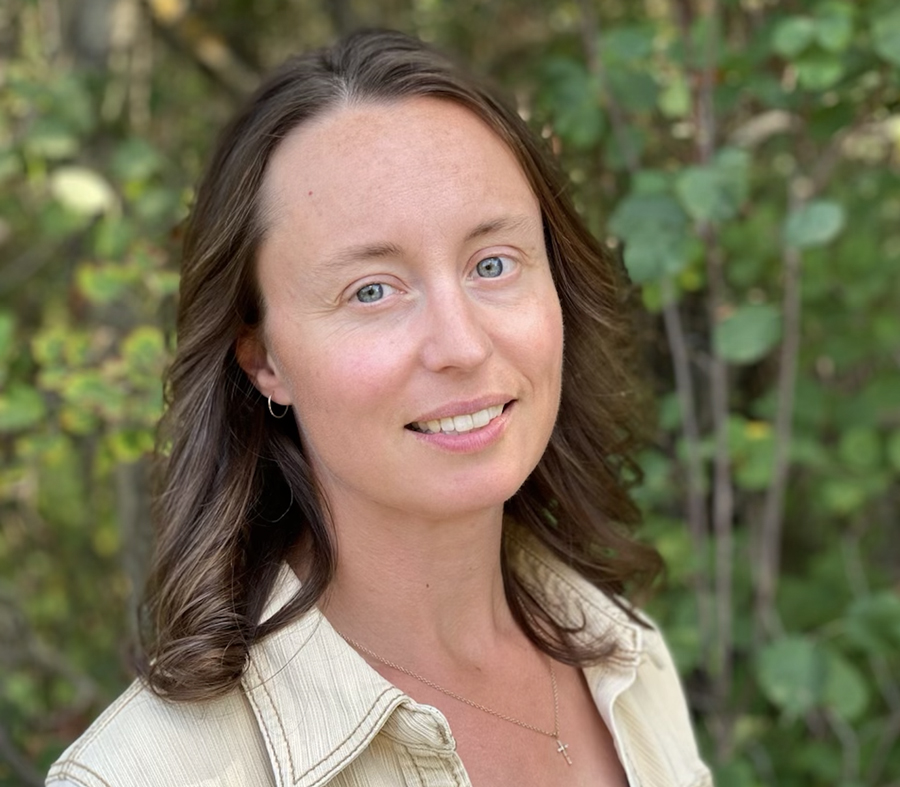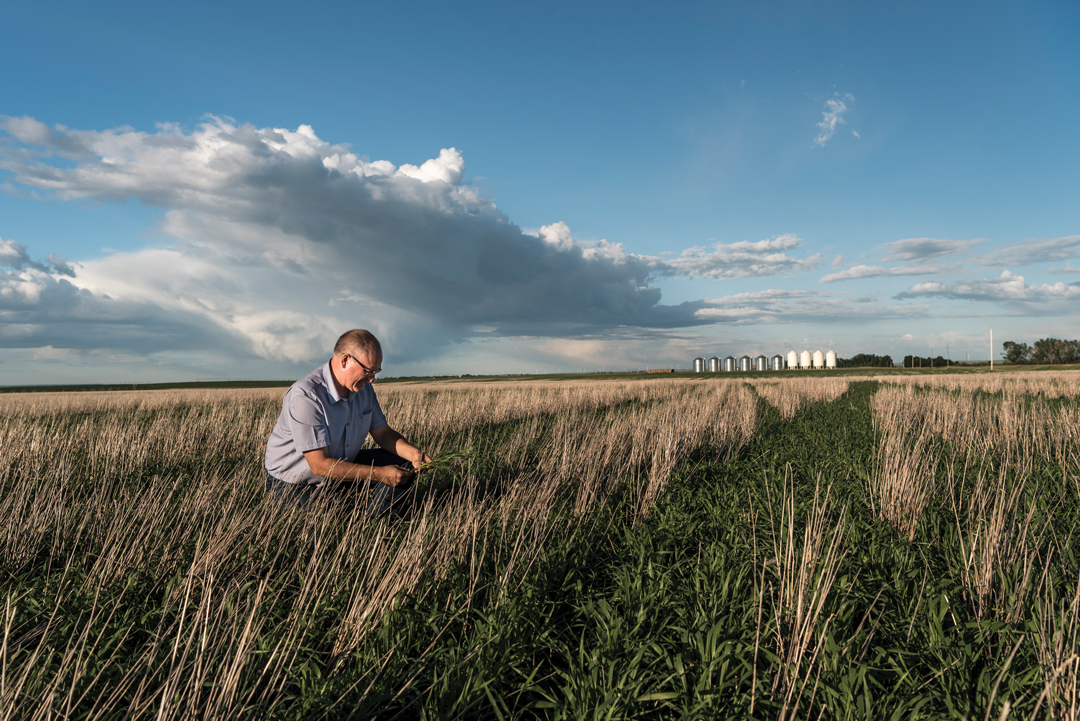AG INDUSTRY CREATES MENTAL HEALTH HUB
BY IAN DOIG
Farmers can’t control the weather nor commodity prices, but they can control their mental health—how they think, feel and engage with the world, said Linda Hunt, director of AgKnow Alberta Farm Mental Health Network.
Starting in 2018, Canadian farm organizations began to push for the creation of farm mental health resources. In Alberta, the Province tasked the Agricultural Research and Extension Council of Alberta (ARECA) with making this happen. ARECA in turn hired Hunt to create farmer-friendly resources. An agriculture extension and research professional, Hunt is also a farmer. She launched an assessment process to determine the mental health needs of farmers and the types of resources required to assist them.
Hunt examined farm mental health initiatives across the country and conducted Alberta-focused info gathering with the assistance of the project’s steering committee. The group was comprised of industry representatives as well as rural development and mental health professionals. This needs assessment process produced a white paper that outlined a series of recommendations delivered to the Province.
These included to increase the number of farm-informed mental health supports and improve access to them. The report also called for the creation of a hub for farm mental health in Alberta. To make this happen, the Agricultural Research and Extension Council of Alberta launched AgKnow in February 2022 with a grant of $524,500 from the Sustainable Canadian Agricultural Partnership. In November 2023, the Province contributed an additional $388,500 to support the organization’s activities.
“That brought together research, resources and communications that address stigma and help people find the services they need,” said Hunt. “Finding those mental health supports and services seems to be the biggest challenge in Alberta. We are trying to find those access points for farmers and people in the rural community to support them and their families around the issues that came out loudest in our needs assessment.” The main stressors identified were depopulation (the removal or destruction of livestock), family dynamics and farm transition.
Part of AgKnow’s ongoing information gathering activities, Rebecca Purc-Stephenson, a University of Alberta applied social psychologist, is conducting multiple studies related to farm mental health. These include an examination of on-farm stressors based on an online survey of close to 400 farmers. She is also studying the mental health effects of depopulation and farm transition and identifying therapeutic approaches that work for farmers.
Among the features of the AgKnow website are a resource library that contains information such as how to choose a therapist and directs users to free and low-cost therapy options such as Counselling Alberta and EaseCare Medical. The site’s self-check-in tool allows the user to assess their mental health and decide whether they want to contact a professional. This may include reaching out to members of AgKnow’s therapist network. Each listed therapist is from a farm background or has experience working with clients from the ag sector. “We want them to understand the challenges of small business, the connection between the business and your identity and farm family dynamics,” said Hunt. “An average therapist is not going to be prepared for that level of intricacy.” Individuals can receive two free sessions until the end of March 2024. Sessions may be available beyond this date, provided funding can be secured.
Now publicly available, AgKnow has also created a suicide awareness and prevention training course and trained nine certified course facilitators.
The site’s information resources and multiple entry points give reluctant farmers direct and appropriate pathways to access mental health services. While the industry’s culture of hard work and self-sufficiency can make it hard for individuals to reach out, Hunt said this mindset needs to change. The industry must emphasize the practical side of caring for one’s own mental health. “The farmer who is really stressed and is thinking in circles isn’t going to make good financial decisions. And, when we’re overstressed and overtired, we make mistakes and people get injured. If I take care of my physical and mental health, that’s going to help me to be a better farmer, and I’m going to be more profitable.”
While users can access the AgKnow website to improve their own wellbeing, Hunt encourages visitors to complete the Support for Alberta Farm Families survey, which will assist broadly in building better resources. Results will be used to ensure services are compatible with western Canadian farm lifestyle and culture. The survey will remain available until the end of January 2024.
For more information, visit agknow.ca.
Rebecca Purc-Stephenson will present a talk entitled “Mental Health – Growing Resilience” at the CrossRoads Crop Conference January 29 – 31, 2024. For more information and to purchase tickets, visit crossroadscropconference.ca.







Comments